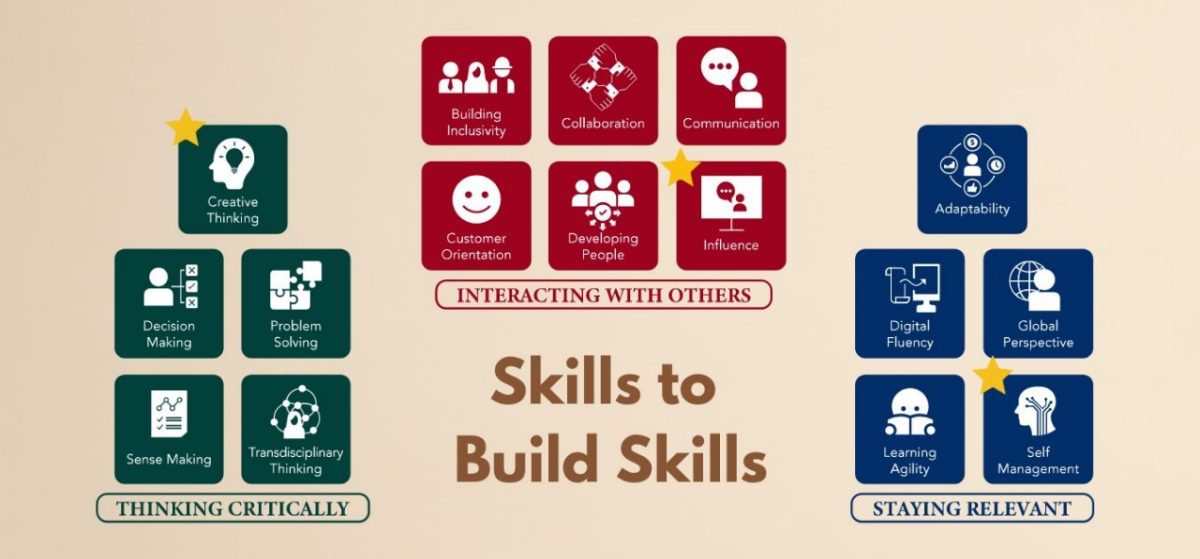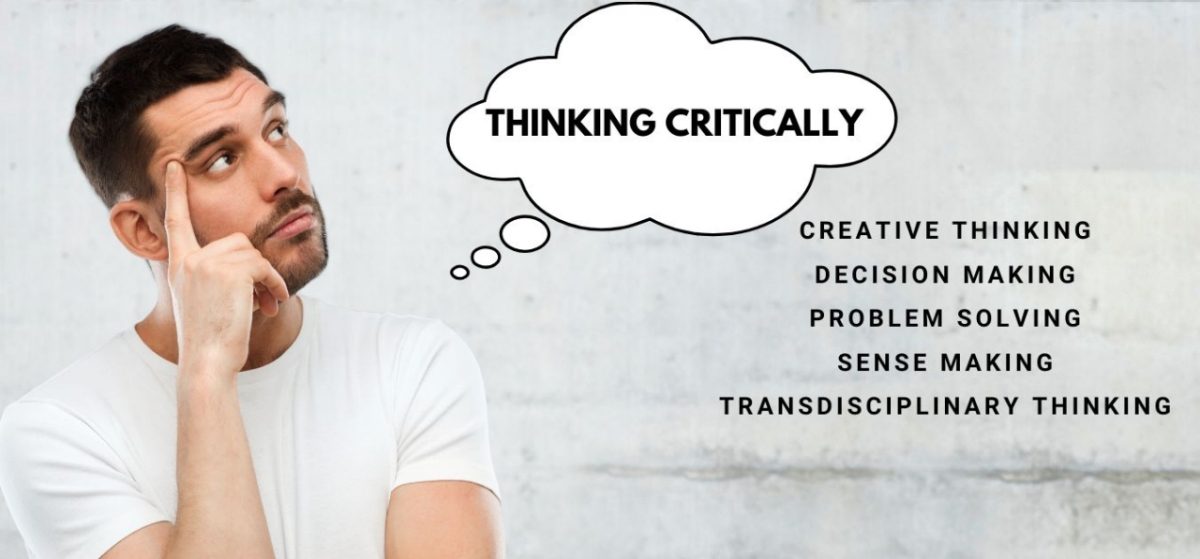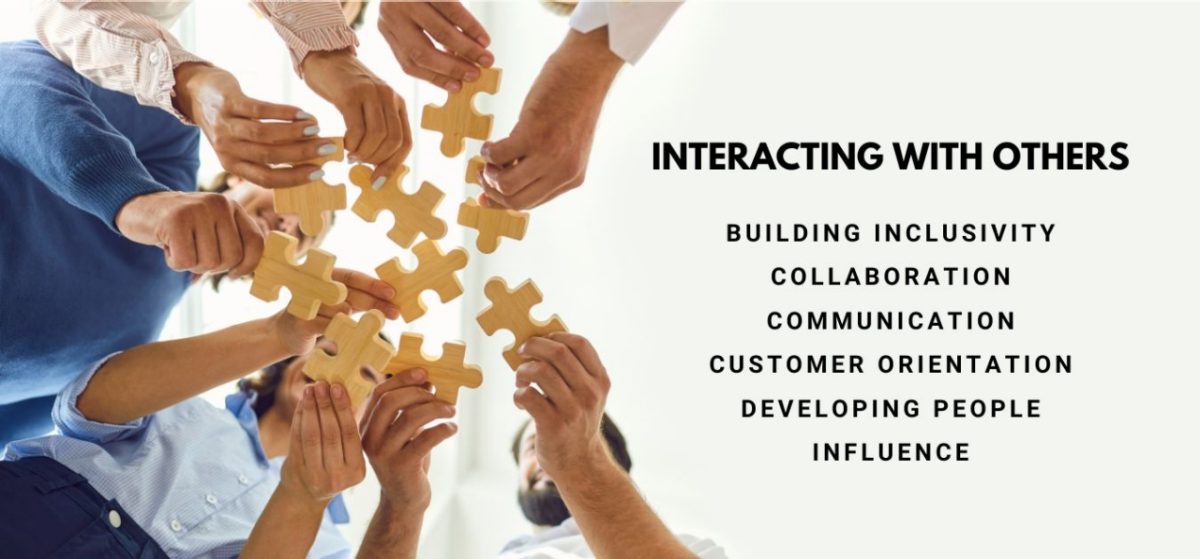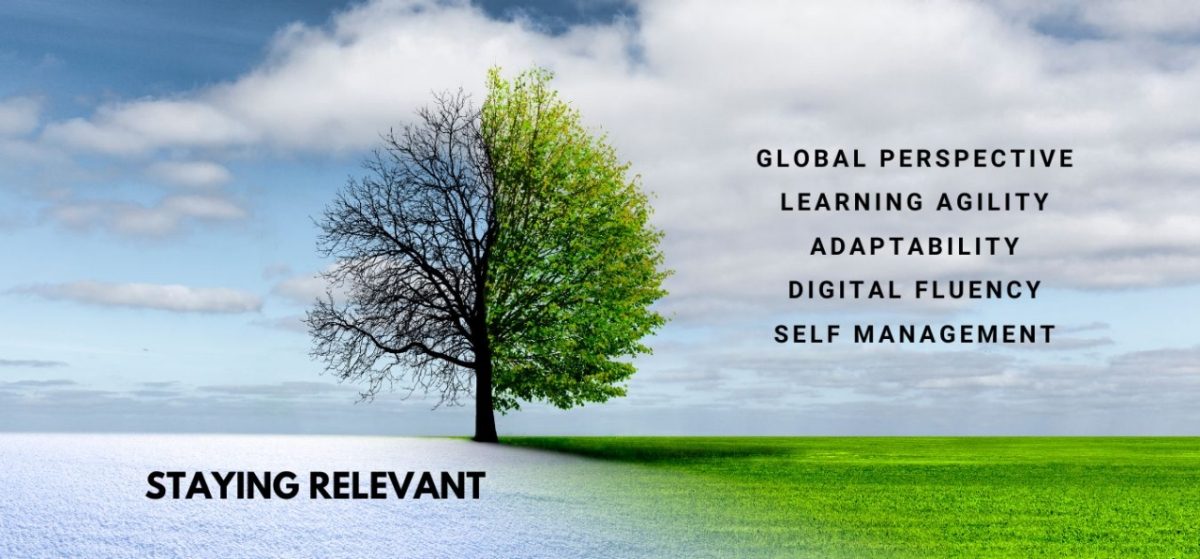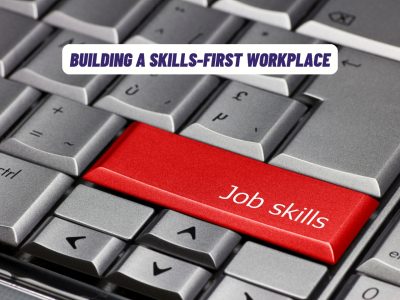6. Building Inclusivity
Building Inclusivity represents the skill to manage relationships across diverse groups.
7. Collaboration
Collaboration is about managing relationships and being a good team player.
8. Communication
Communication skills encompass the art of conveying and exchanging information effectively and clearly.
9. Customer Orientation
Customer Orientation is the ability to build relationships with customers, both internal and external, to anticipate their needs and solicit feedback to deliver an effective customer experience.
10. Developing People
Developing People is a leadership quality that seeks to empower individuals themselves and others to learn, and develop their strengths to enhance performance.
11. Influence
Influence is your ability to demonstrate empathy and communicate well. Individuals with influence tend to have high emotional intelligence. They can build effective relationships with people and influence behaviours, beliefs, or attitudes to achieve desired outcomes.

